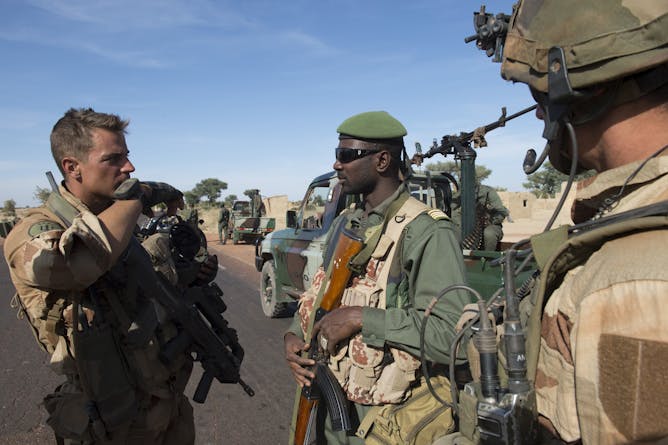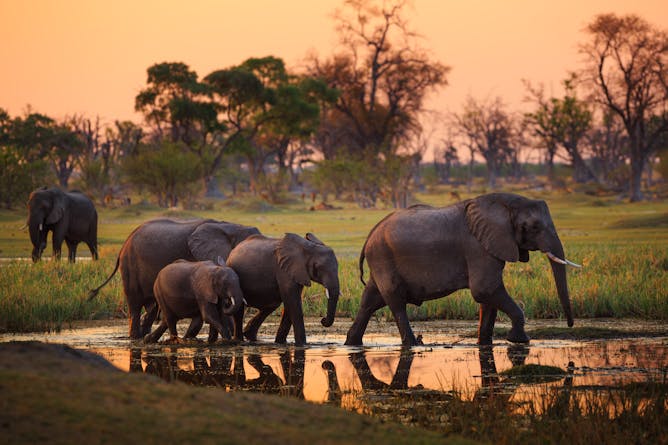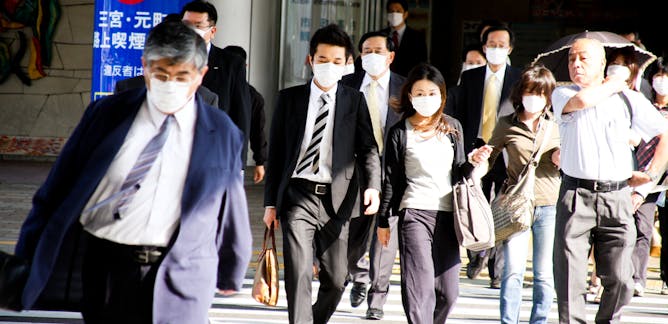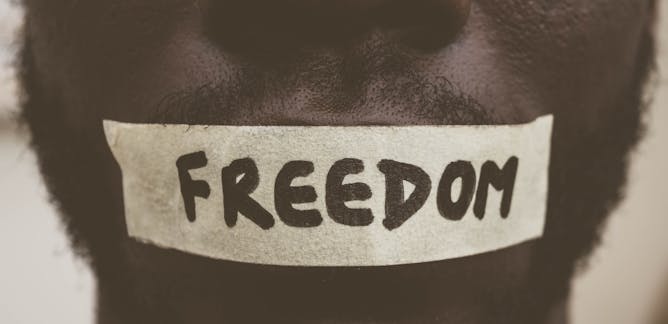|
The deaths of four American soldiers in Niger last year drew the world’s attention to foreign troops in the West African country. Since then a number of countries, including the US, have quietly extended their military footprint across the region. Craig Bailie explains why Niger is so significant.
Botswana is home to the highest number of elephants in Africa. Until recently it had an enviable reputation for being a safe haven. But the discovery of dozens of carcasses around the Okavango Delta wildlife sanctuary, some reportedly poached, points to a worrying change. Ross Harvey explains.
|

The people of Niger have been protesting against the presence of foreign troops in their country.
Arnaud Roin/EPA
Craig Bailie, Stellenbosch University
The build-up of foreign armed forces does not bode well for the citizens of Niger.
|

Elephants in the Okavango Delta, Botswana.
Shutterstock
Ross Harvey, South African Institute of International Affairs
Botswana has been an unparalleled elephant conservation success story. That seems to be changing.
|
Health + Medicine
|

Ana Valdes, University of Nottingham
Many probiotic bacteria don't manage to colonise the gut, but that doesn't mean they don't have positive health benefits.
| |

Mark Eccleston-Turner, Keele University
In the event of pandemic flu, poor countries will suffer the most.
|
|
|
Exploring the past
|

Asit K. Biswas, National University of Singapore; Cecilia Tortajada, National University of Singapore
Corruption can never be eliminated. Whether we like it or not, it has always been part of human nature and will continue to infect society.
| |

Peter D. McDonald, University of Oxford
The digital revolution changed the debate about censorship.
|
|
|
Environment
|
-
Manu Saunders, University of New England
Honey might be synonymous with bees, but they're not the only insects that come up with the goods.
|
|